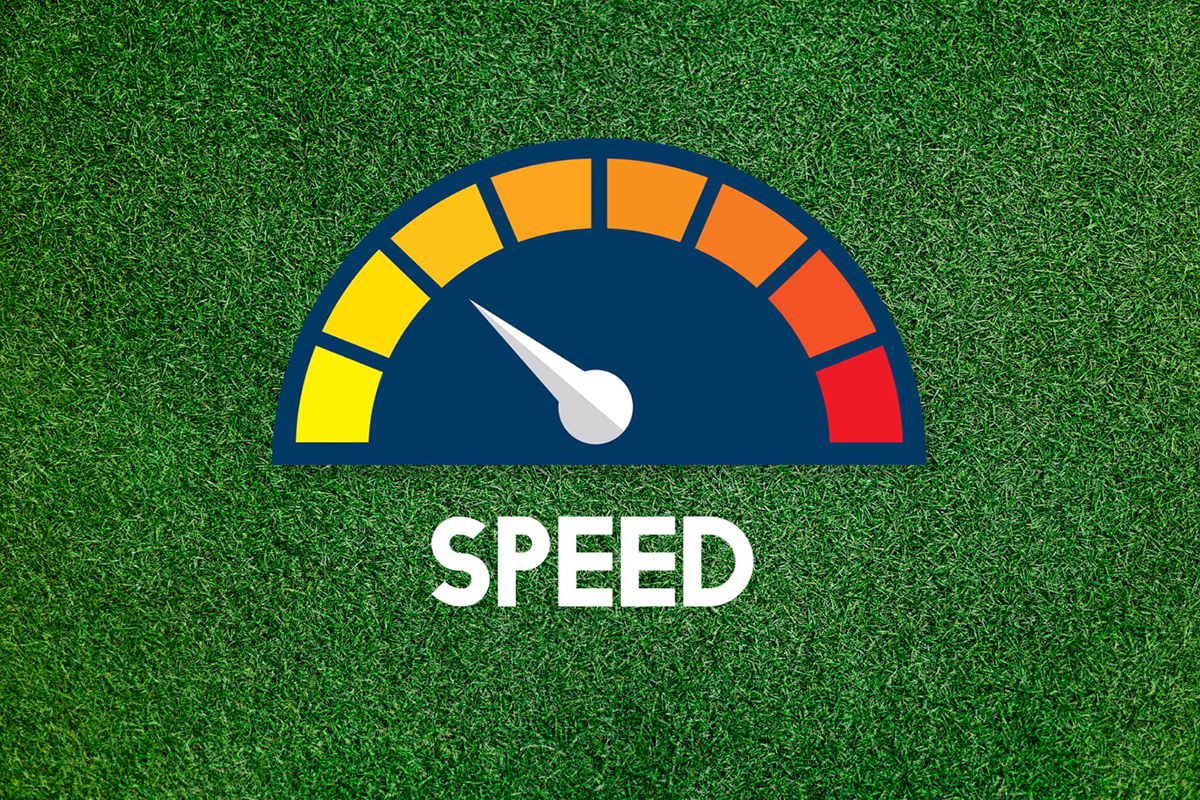
In today's fast-paced digital world, having a website that loads quickly is essential. Not only does a slow website frustrate visitors, but it can also negatively impact your search engine rankings. Fortunately, there are several steps you can take to speed up your website's loading time. In this blog post, we will explore some of the best ways to improve your website's speed and provide your visitors with a better user experience.
1. Optimize Images
Images are an important part of any website, but they can also slow down your website's loading time if they are not optimized correctly. The larger the image file size, the longer it takes for the image to load. To optimize your images, you should compress them without sacrificing quality. There are several tools available, such as Adobe Photoshop or online tools like TinyPNG, that can help you reduce your image file sizes. Additionally, you should also use the correct image format. JPEGs are typically better for photographs, while PNGs are best for graphics.
2. Minimize HTTP Requests
Every time a user visits your website, their browser sends a request to your server for each element on your page (images, scripts, stylesheets, etc.). The more HTTP requests your website has to make, the longer it will take to load. To minimize HTTP requests, you should reduce the number of elements on your webpages. This can be done by combining and minifying your CSS and JavaScript files, and by simplifying your HTML.
3. Utilize a Content Delivery Network (CDN)
A CDN is a network of servers that are distributed across different geographical locations. By storing your website's static files (images, CSS, JavaScript, etc.) in different CDN servers, your visitors can access your content from the server that is closest to them, reducing the server response time and improving the website's loading speed. Popular CDN services include Cloudflare, Amazon CloudFront, and MaxCDN.
4. Choose a Quality Web Host
Your web host plays a significant role in the speed and performance of your website. If you are experiencing slow loading times, it may be time to switch to a better hosting provider. When choosing a web host, look for a provider that offers fast and reliable servers, solid-state drives (SSDs), and high-speed connections.
5. Remove Unnecessary Plugins and Scripts
Plugins and scripts can add useful functionality to your website, but they can also slow down your website's speed. Some plugins can be particularly resource-intensive, causing your website to load slowly. To speed up your website, you should regularly evaluate your plugins and scripts and remove any that are not necessary.
Conclusion
In today's fast-paced digital world, having a website that loads quickly is essential. Slow loading times can adversely affect the user experience and negatively impact your search engine rankings. By optimizing images, minimizing HTTP requests, utilizing a content delivery network, choosing a quality web host, and removing unnecessary plugins and scripts, you can significantly improve your website's speed and provide your visitors with a better user experience. If you're struggling with website speed, it may be time to consult a professional SEO agency, such as REK Marketing & Design, to help you optimize your website and improve its performance.